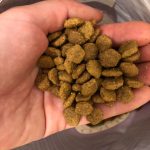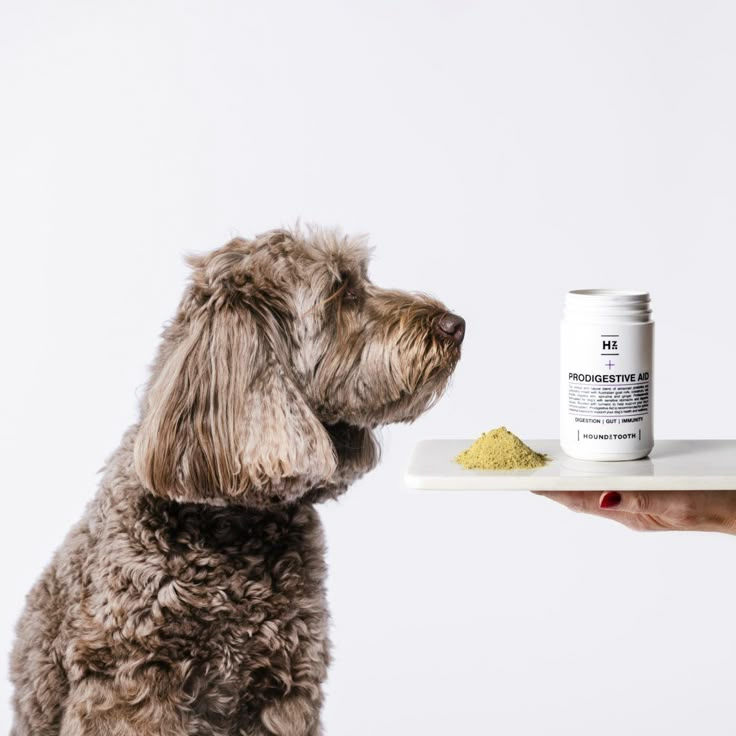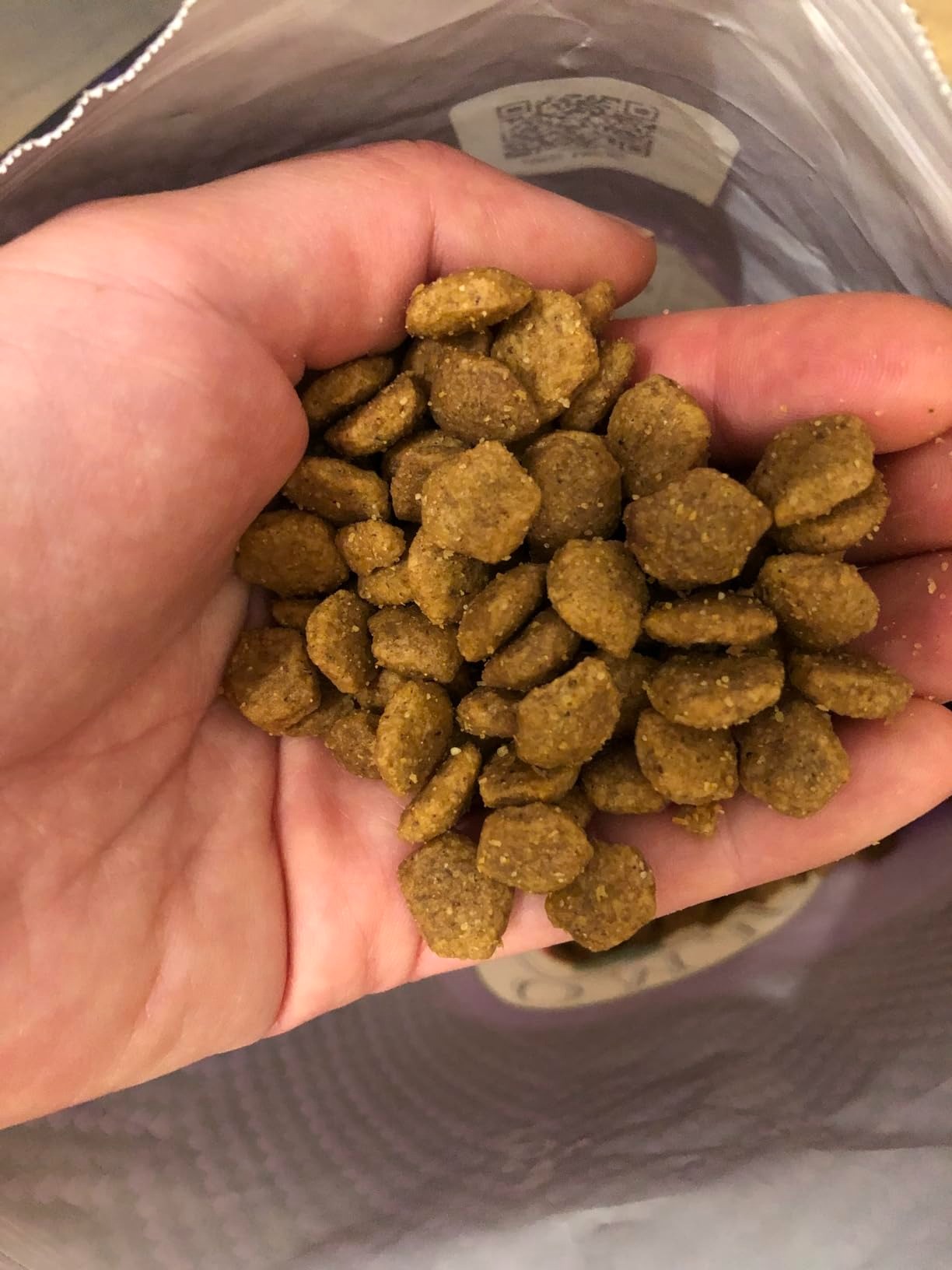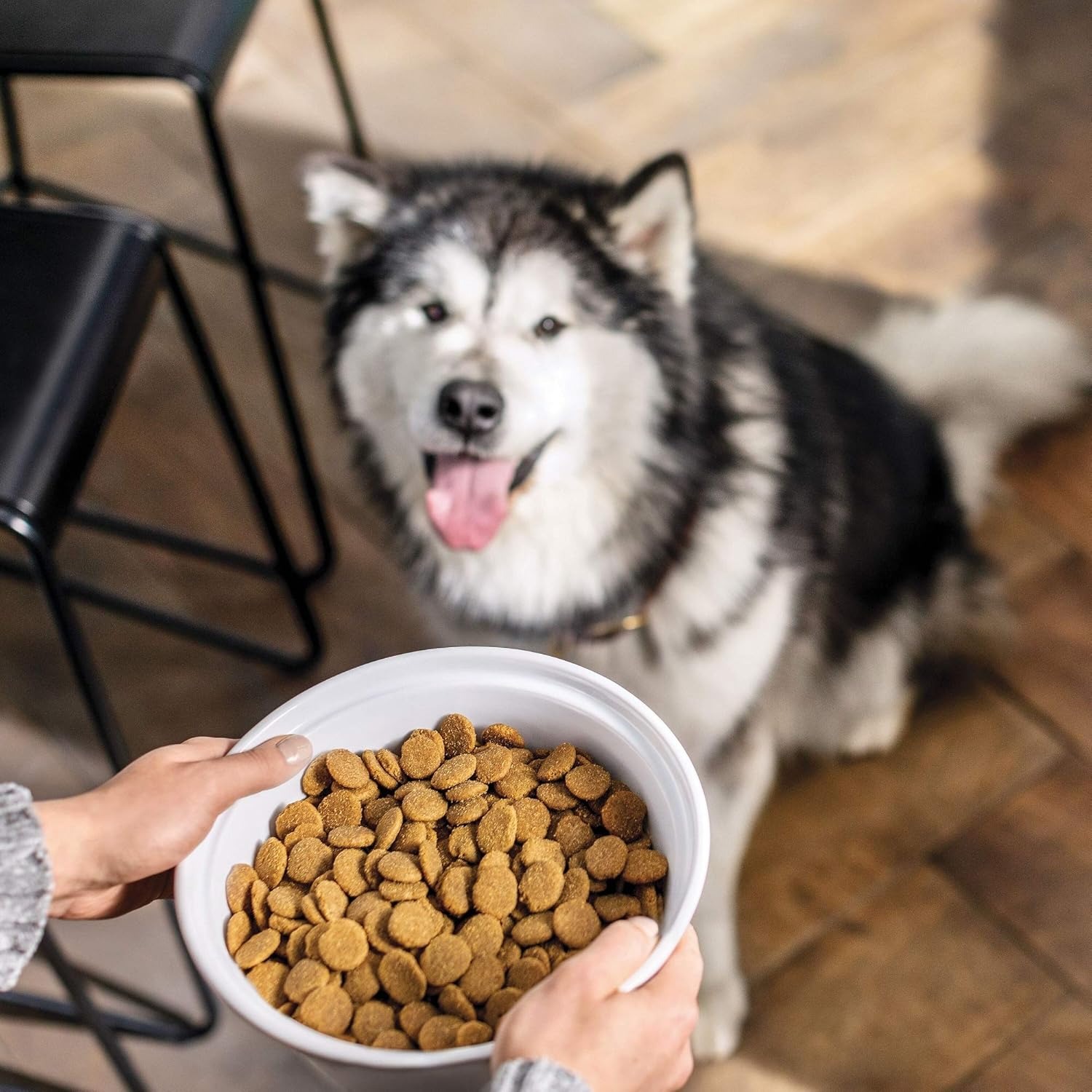Why Pet Supplements Are Important
Pet supplement plays a crucial role in maintaining your pet’s overall health. Just like humans, pets need essential nutrients that they may not get from their regular diet. These supplements can help fill nutritional gaps, especially for pets with specific health conditions or dietary restrictions.
Proper nutrients ensure that your pet’s body functions optimally. Supplements can boost their immune system, promote healthy growth, and strengthen their bones and muscles. For seniors, supplements often help manage aging-related issues such as joint pain or weaker immunity. For active pets, they support energy levels and overall well-being.

Pet supplement also address common deficiencies. For example, Omega-3 fatty acids improve skin health and coat shine. Probiotics support gut health, reducing digestive troubles. Essential vitamins strengthen their immune response, protecting them from illnesses.
Using pet supplement reflects proactive care. They enhance your pet’s quality of life, keeping them active and happy. However, it’s essential to choose the right supplement tailored to your pet’s needs. Always consult a veterinarian before adding new supplements to their diet.
Common Nutritional Deficiencies in Pets
Nutritional deficiencies can significantly affect the health and well-being of pets. Pets often face nutritional gaps due to poor diet quality, underlying health issues, or specific dietary restrictions. Identifying these gaps is essential for ensuring their overall wellness and preventing serious health problems. Below, we explore several common nutritional deficiencies that pets may experience.
Protein Deficiency
- Importance of Protein: Protein is a fundamental nutrient required for muscle growth, repair, and overall bodily function. It plays a critical role in building and maintaining strong muscles, organs, and tissues.
- Impact of Lack of Protein: If pets experience a protein deficiency, they may exhibit signs of lethargy and weakness. This lack of energy can lead to decreased activity levels and a general decline in their physical condition. In severe cases, protein deficiency can result in muscle wasting and stunted growth in young animals.
- Sources of Protein: To combat protein deficiency, it’s essential to provide pets with high-quality protein sources. These may include meat, fish, eggs, and certain plant-based proteins. Ensuring that pets receive an adequate amount of protein in their diets is vital for maintaining their strength and energy levels.
Vitamin and Mineral Deficiency
- Key Vitamins for Health: Essential vitamins, such as Vitamin A and Vitamin D, are crucial for various bodily functions. Vitamin A supports eye health and vision, while Vitamin D is vital for bone health and calcium metabolism.
- Consequences of Deficiency: A deficiency in Vitamin A can lead to vision problems, such as night blindness or even severe long-term eyesight issues. Similarly, Vitamin D deficiency may result in weak bones and an increased risk of fractures or disorders like rickets in younger pets.
- Mineral Requirements: Minerals like calcium and phosphorus are essential for maintaining strong teeth and bones. Without sufficient levels of these minerals, pets may experience dental problems, weak bones, and mobility issues, greatly affecting their quality of life.
Omega-3 Fatty Acid Deficiency
- Role of Omega-3 Fatty Acids: Omega-3 fatty acids are important for maintaining healthy skin and a shiny coat. They also play a significant role in supporting brain health, reducing inflammation, and promoting overall wellness.
- Effects of Low Omega-3 Levels: Pets lacking adequate Omega-3 fatty acids may develop dry skin, dull fur, and may be more susceptible to allergies. Furthermore, a deficiency in Omega-3 can negatively impact cognitive function and potentially lead to behavioral issues.
- Sources of Omega-3: To provide pets with sufficient Omega-3 fatty acids, consider incorporating fish oil or flaxseed oil into their diets. These sources can help improve skin and coat condition while offering additional health benefits.
Digestive Enzyme Deficiency
- Importance of Digestive Enzymes: Digestive enzymes are essential for breaking down food and aiding in nutrient absorption. Pets require these enzymes to properly digest proteins, fats, and carbohydrates.
- Consequences of Deficiency: A lack of digestive enzymes can lead to various gastrointestinal issues. Pets may experience symptoms such as bloating, gas, diarrhea, or poor appetite due to ineffective digestion. In severe cases, this can result in malnutrition and associated health problems.
- Addressing Enzyme Deficiencies: It may be beneficial to introduce specialized digestive enzyme supplements into a pet’s diet. These supplements can help improve nutrient absorption and reduce digestive discomfort.
Fiber Deficiency
- Role of Fiber in Diet: Fiber is essential for maintaining healthy digestion and regular bowel movements. It helps regulate the digestive system and promotes gut health by aiding in the movement of food through the intestines.
- Impact of Low Fiber Intake: A diet low in fiber can lead to issues like constipation or irregular bowel movements. This may result in discomfort for pets and potentially serious digestive health problems if left unaddressed.
- Sources of Fiber: Incorporating fiber-rich foods, such as pumpkin, carrots, and certain grains, can help ensure that pets receive adequate fiber in their diets. Consider discussing specific dietary adjustments with a veterinarian to improve fiber intake.
Water Deficiency
- Importance of Hydration: Water is essential for all living beings, and pets are no exception. Adequate hydration plays a crucial role in maintaining healthy bodily functions, including temperature regulation and organ health.
- Risks of Dehydration: Dehydration is common in pets that do not drink enough water. It can lead to serious health issues, such as kidney problems, urinary tract infections, and fatigue. Signs of dehydration include dry gums, lethargy, and loss of appetite.
- Ensuring Proper Hydration: To prevent water deficiency, ensure that your pet has access to fresh, clean water at all times. Encourage drinking by providing multiple water bowls around the house or using pet water fountains to entice them.
Importance of Regular Check-Ups
- Veterinarian Involvement: Regular check-ups with a veterinarian are crucial for detecting and addressing potential nutritional deficiencies early. Vets can perform health assessments to identify any gaps in nutrition and recommend tailored dietary adjustments.
- Utilizing Supplements: Tailored pet supplements designed to address specific deficiencies can provide the missing nutrients needed to keep your pet healthy and active. These supplements can bridge gaps in nutrition caused by diet alone, ensuring that your pet thrives.
Key Types
Pet supplements come in various forms to address diverse health needs. Each type provides specific benefits to improve your pet’s overall well-being.
Multivitamins and Minerals
Multivitamins offer essential nutrients for your pet’s health. They boost immunity and support energy levels. Minerals like calcium and phosphorus ensure strong bones and teeth. Regular use prevents deficiencies and keeps pets healthier.
Omega-3 Fatty Acids for Skin and Coat Health
Omega-3 fatty acids promote shiny coats and moisturized skin. They also reduce inflammation and joint pain. These essential fats support brain health and overall cognitive function. Pets with dull coats or itchy skin often benefit greatly.
Probiotics for Digestive Support
Probiotics improve gut health by boosting beneficial bacteria. They aid digestion and nutrient absorption. Pets with digestive issues, such as bloating or irregular bowel movements, benefit from probiotics. Regular use enhances immunity and overall digestive functioning.
Joint Supplements for Mobility
Joint supplements include glucosamine and chondroitin to improve joint health. They reduce stiffness and promote mobility in aging or active pets. Pets prone to arthritis or joint pain experience better movement and reduced discomfort.
Herbal and Plant-Based Options
Herbal supplements like turmeric and spirulina offer natural health benefits. They provide antioxidants to fight free radicals and improve immunity. These options are great for pets with sensitivities to synthetic additives or chemicals.
How to Determine the Right Supplements for Your Pet
Choosing the right pet supplement ensures your pet’s health and happiness. It requires thoughtful consideration and research.
Evaluate Your Pet’s Specific Needs
- Assess your pet’s age, health condition, and activity level.
- Identify existing issues like joint pain, dull coat, or digestive problems.
- Chronic or breed-specific conditions may also influence supplement choices.
Understand the Ingredients
- Look for high-quality, natural ingredients.
- Avoid supplements containing harmful fillers, artificial flavors, or chemicals.
- Ensure they’re appropriate for your pet’s breed and size.
Consult a Veterinarian
- Always seek professional advice before starting a supplement.
- A vet can recommend safe, tailored options for your pet’s unique needs.
- They may also help address underlying health conditions.
Opt for Verified Products
- Choose brands with strong reputations and positive customer reviews.
- Look for third-party-tested products to ensure safety and effectiveness.
- Verify certification from reputable organizations.
Start with the Basics
- Begin with essential supplements like multivitamins or Omega-3 for general health.
- Monitor changes in your pet’s energy, coat, and digestion after introducing supplements.
Check for Allergens
- Identify any ingredients your pet may be allergic to.
- Common allergens include certain grains, dairy, or artificial additives.
Observe Progress and Adjust
- Regularly monitor your pet’s behavior and health.
- Adjust dosages or switch supplements based on their response.
- Keep a record of their progress to share with your vet.
Determining the right pet supplement involves balanced choices and ongoing monitoring. This ensures your pet remains healthy and active.
Potential Risks and Side Effects of Over-supplementation
Over-supplementation in pets can lead to serious health issues. While supplements are beneficial, excessive usage may cause harm. It’s important to understand how improper dosing impacts your pet’s system.
- Toxicity from Excessive Nutrients
- Too much Vitamin A can cause joint pain and brittle bones.
- Overdosing on Vitamin D may lead to calcium buildup in organs, damaging kidneys.
- High amounts of minerals like phosphorus can cause imbalances or bladder stones.
- Digestive Issues
- Overuse of supplements may result in vomiting or diarrhea.
- Imbalanced dosages can disrupt normal digestion and nutrient absorption.
- Organ Damage
- Frequent overdosing stresses the liver and kidneys over time.
- Supplements with additives may worsen these effects.
- Allergic Reactions
- Ingredients in some supplements might trigger allergies.
- Allergies can lead to itching, redness, or swelling.
- Behavioral Changes
- Over-supplementation can cause mood swings or energy crashes.
- Pets may appear lethargic or overly hyper due to imbalances.
To avoid these risks, stick to recommended doses. Monitor your pet’s health closely and consult a veterinarian regularly. Proper use ensures a balanced approach, avoiding side effects while improving your pet’s health.
Tips for Introducing Supplements into Your Pet’s Diet
Adding supplements to your pet’s diet needs a thoughtful and gradual approach. Start small and monitor their response to avoid adverse effects. Here are some practical tips:
Start Gradually
- Begin with small doses to avoid overwhelming your pet’s system.
- Gradually increase the quantity as suggested on the product label or by your vet.
Mix with Regular Food
- Blend the supplement with your pet’s regular meals for easy consumption.
- Ensure the taste doesn’t overpower the food to prevent rejection.
Observe Behavior and Health
- Watch for changes in energy, digestion, mood, or coat health.
- Stop immediately if you notice side effects like vomiting or itching.
Stick to Daily Schedules
- Administer supplements at the same time daily for consistency.
- This helps your pet adapt to the routine.
Read Product Instructions Carefully
- Follow directions on packaging for optimal results.
- Check dosage amounts based on your pet’s age and weight.
Reward Positive Behavior
- Use treats to encourage your pet to accept supplements willingly.
- Positive reinforcement helps your pet associate supplements with rewards.
Avoid Forced Feeding
- Never force supplements if your pet refuses.
- Consult your vet for alternative options or techniques.
Rotate Supplements When Needed
- If recommended, switch supplements after evaluating long-term effects.
- Avoid combining too many supplements without expert advice.
Introducing supplements slowly minimizes stress and maximizes benefits for your furry friend’s health.
Consulting a Veterinarian: The Importance of Professional Guidance
A veterinarian’s advice is essential when adding pet supplement to your pet’s diet. Professional guidance ensures optimal health benefits and avoids risks associated with improper use. Here’s why consulting a vet is crucial:
Personalized Care for Your Pet
- Every pet is unique, with specific health needs and dietary requirements.
- A veterinarian evaluates your pet’s age, breed, and health conditions for tailored suggestions.
- They help identify nutritional deficiencies and recommend the right pet supplement.
Accurate Dosage and Usage
- Vets determine the correct dosage to suit your pet’s size and health status.
- They prevent overdosing, reducing the risk of side effects or long-term harm.
- Proper dosing avoids nutrient imbalances and maximizes health benefits.
Detect Underlying Health Issues
- Nutritional deficiencies may signal underlying health problems.
- Vets can identify and treat these conditions while recommending suitable supplements.
- Addressing root issues improves your pet’s overall well-being.
Safe Supplement Recommendations
- Veterinarians ensure the pet supplement you choose contain safe, high-quality ingredients.
- They guide you away from harmful additives or unsuitable over-the-counter products.
Monitoring Your Pet’s Reaction
- Vets track your pet’s response to new supplements over time.
- Adjustments in dosage or product choice are made based on observed changes.
- Routine check-ups maintain long-term health and safe supplementation.
Support for Specific Conditions
- Pets with chronic conditions or breed-specific needs benefit from tailored supplement plans.
- Vets suggest supplements targeting joint pain, skin health, or digestive issues effectively.
Guidance During Life Stages
- Puppies, senior pets, and active dogs have unique needs.
- A vet ensures supplements match your pet’s growth or aging demands.
Consulting a veterinarian ensures your pet receives the best care. Relying on their expertise leads to safe and effective supplementation practices.
Conclusion
In conclusion, integrating pet supplement into your dog’s diet can significantly enhance their health and quality of life. From multivitamins to joint support, these essential products play a vital role in ensuring that your dog receives all the nutrients necessary for a thriving life.
Choosing the right supplements requires careful consideration and guidance from professionals. By prioritizing your dog’s nutritional needs, you can help them lead a vibrant and fulfilling life. Always remember, healthy pets make for happy owners, so invest in their wellness with the right essential pet supplements for healthy living.













